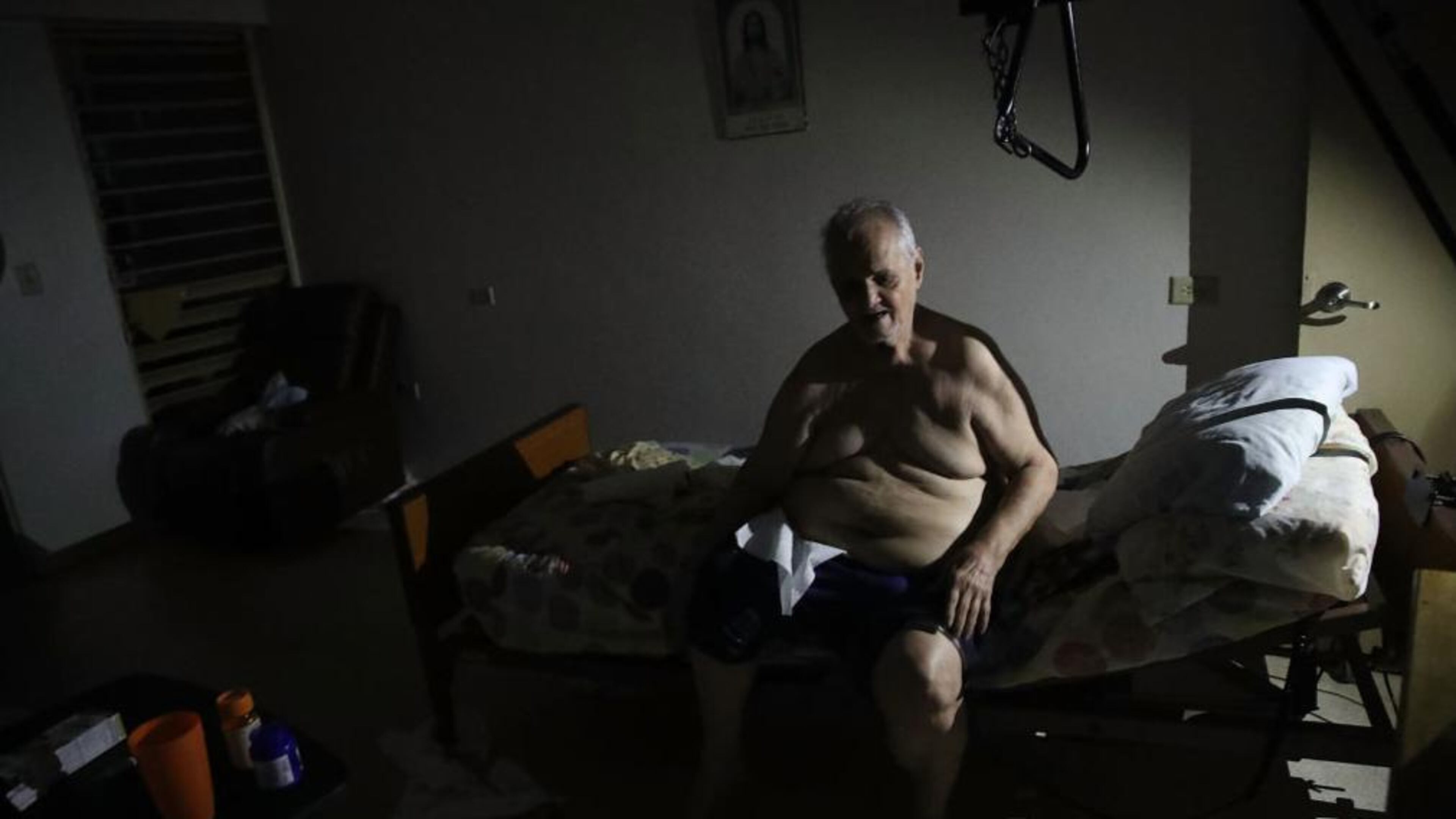Study: Night owls have 10 percent higher mortality risk

Being a night owl can be hazardous to your health, according to a new study.
A study that was published Thursday in Chronobiology International revealed that people who identified themselves as "definite evening types" had a 10 percent higher risk of "all-cause mortality" than morning people, CNN reported.
The study used data from 433,268 adults in the United Kingdom over a six-year period. Night owls were more likely to have diabetes, neurological disorders, psychological disorders, gastrointestinal disorders and respiratory disorders, according to Kristen Knutson, associate professor of neurology at Northwestern's Feinberg School of Medicine and a leading author of the study.
“What we think might be happening is, there's a problem for the night owl who's trying to live in the morning lark world,” Knutson said. “This mismatch between their internal clock and their external world could lead to problems for their health over the long run, especially if their schedule is irregular.
"Previous work has shown that people who are evening types -- are night owls -- tend to have worse health profiles, including things like diabetes and heart disease," Knutson added. "But this is really the first study to look at mortality.”
The researchers used data from the UK Biobank, conducted between 2006 and 2010 that probed risk factors for major diseases in men and women between the ages of 37 and 73, CNN reported.
The study showed that approximately 10,000 died during the study's 6½-year follow-up period, CNN reported. Researchers discovered that those who identified as "definite evening types" had a 10 percent increased risk of dying during the follow-up period compared with those who identified as "definite morning types."
The study also found that evening types were nearly twice as likely to report having a psychological illness than early birds, CNN reported.
Although the study did not look at the specific causes of death, research has suggested that night owls are more likely to develop cardiovascular disease and certain types of cancer such as prostate and breast cancer.
According to Knutson, a person's chronotype is probably a mixture of inherited and environmental factors.
"Whether or not you're a night owl is partly determined by your genes, which obviously you can't change, but it's not entirely a given," Knutson said. "I want to emphasize the gradual aspect. You can't suddenly tonight just go to bed three hours earlier. It's not going work.”

